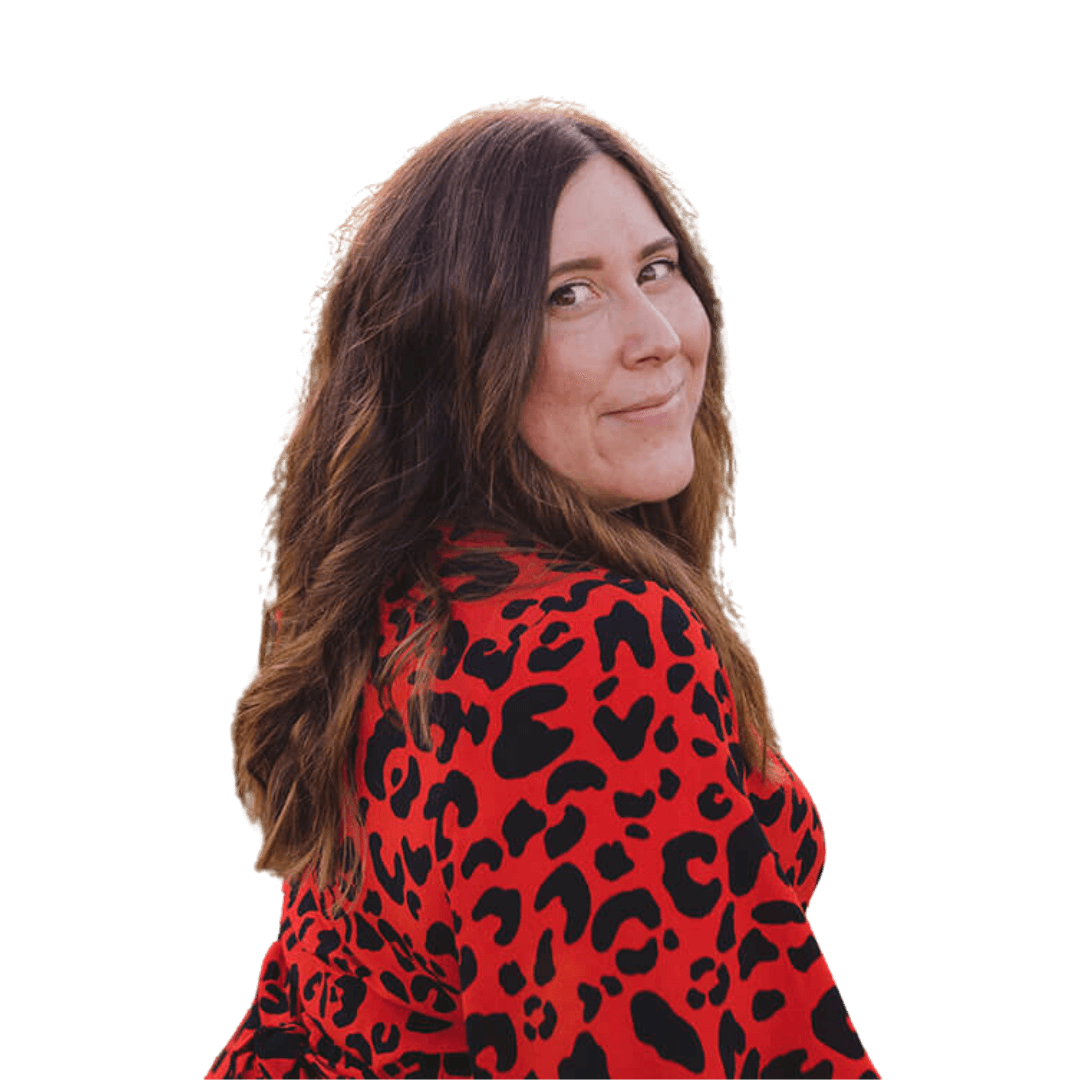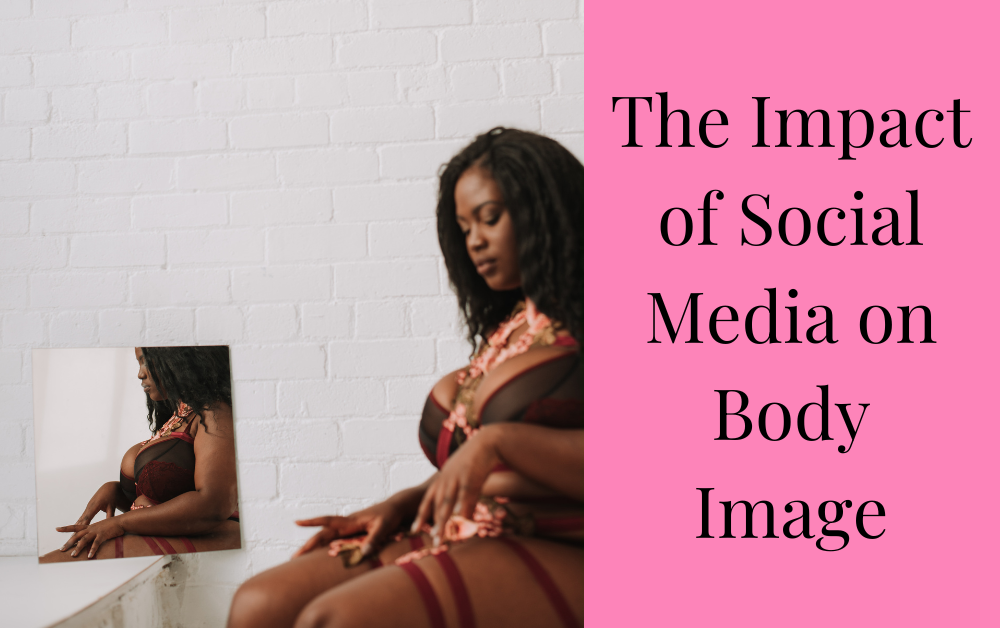Body Image on Social Media and Fat Phobia
In the digital age, Instagram stands out as a powerhouse among social media platforms, shaping the way we perceive ourselves and others but Tik Tok is becoming just as influential. As we scroll through curated feeds and visually appealing content, the impact on body image becomes increasingly evident. This blog post delves into the statistics derived from scientific research, shedding light on how Instagram and other social media apps influences our perceptions of beauty and body image, with a particular focus on fatphobia and anti-fat bias.
Comparisons, Body Image on Social Media
A study published in the journal Body Image (2017) found that frequent use of Instagram is associated with higher levels of body dissatisfaction among young adults. The platform’s emphasis on visually-driven content, often portraying idealized images, contributes to an environment where users compare themselves to unattainable beauty standards. The statistics suggest a direct correlation between Instagram usage and negative body image perceptions.
There is plenty of evidence that instagram increases our risk of developing disordered eating and eating disorders. This is because of the unrealistic standard we see filling our screens. We have evidence in the form of studies on teenage girls of which are hugely impacted by the unrealistic beauty standards seen on social media.
Some body image influencers are trying their best to combat the comparison that comes from the app but these people are more often than not white and straight sized. As fat, disabled, black/brown, LGBTQAI+ people are marginalised, we are less likely to see those people of our feeds. This means that people that do not fall into the category of being thin and white, you are far less likely to see representation of your body. Which is turn can be harmful.
Filtered Reality on Social Media and the Impact on Body Image
Instagram’s popularity is closely tied to its array of filters and editing tools, allowing users to craft an idealized version of themselves. According to a survey by the Royal Society for Public Health (2019), Instagram was ranked as the most detrimental social media platform for mental health, with filtered images contributing to increased feelings of inadequacy and low self-esteem. These statistics underscore the impact of digitally altered images on shaping perceptions of beauty.
Influencers and Social Comparison
The phenomenon of social comparison is amplified by the presence of influencers on Instagram. Research in the journal New Media & Society (2019) indicates that individuals who follow influencers are more likely to experience body dissatisfaction. The statistics reveal that the aspirational lifestyles and body images presented by influencers contribute to a pervasive sense of inadequacy among users, emphasizing the need for critical consumption of content.
Fatphobia and Anti-Fat Bias on Social Media
We are doing ourselves a disservice if we do not ensure we look at the anti fatness on social media apps. The prevalent anti fatness on these apps have a big impact on our own internalised anti fatness. A study published in the International Journal of Eating Disorders (2020) highlights the prevalence of fatphobia on social media, including Instagram. The research found that individuals with higher levels of anti-fat bias are more likely to engage in appearance-related social media activities. This sheds light on the pervasive nature of anti-fat attitudes within the digital space, influencing the way individuals perceive and interact with diverse body types.
Social media apps tend to censor bigger bodies and limit reach from fat (said in a neutral way) creators. This increases the anti-fatness because you are far more likely to see smaller bodied people (same can be said for any marginalised group of people).
Body Positivity Versus Pressure
While social media platforms are used for self-expression, it also plays a role in perpetuating societal beauty standards. A study in the journal Cyberpsychology, Behavior, and Social Networking (2020) found that exposure to body-positive content on Instagram positively correlates with improved body image. However, the same study also highlights that the pressure to conform to certain body ideals remains prevalent, indicating a delicate balance between positive and detrimental influences.
The Rise of Hashtag Movements
Hashtags such as #BodyPositivity and #BodyAcceptance have gained traction on Instagram, fostering communities that challenge conventional beauty norms. According to a survey by Statista (2021), the #BodyPositivity hashtag alone has been used in over 10 million posts. These statistics signify a growing movement within the platform to promote body diversity and self-love, showcasing Instagram’s potential as a tool for positive change.
But does body positivity only reflect the movement for self love? Being positive about our bodies? Once again body positivity has been overtaken by thin and white people with those marginalised being left behind. The body positivity movement was created by fat black women for those people who are not represented in society as a whole. It was supposed to be for marginalised and oppressed people. It is a shame that such a movement has pushed out the people it was meant for.
Other great hashtags to use to find far better and inclusive content is #fatacceptance #fatcommunity #fatjoy
As Instagram continues to shape our online experiences, the statistics underscore the need for awareness and responsibility in our interactions with the platform. The prevalence of fatphobia and anti-fat bias emphasizes the urgency of fostering inclusivity and challenging societal norms. By leveraging the positive aspects and actively participating in movements that celebrate diverse body types, users can contribute to a more inclusive digital landscape that combats fatphobia and promotes the beauty of individuality.
To protect yourself, make sure you curate your feed to represent your body. This will help you normalise your own body over time and you may feel your body image improving.
Want to explore body image some more?


